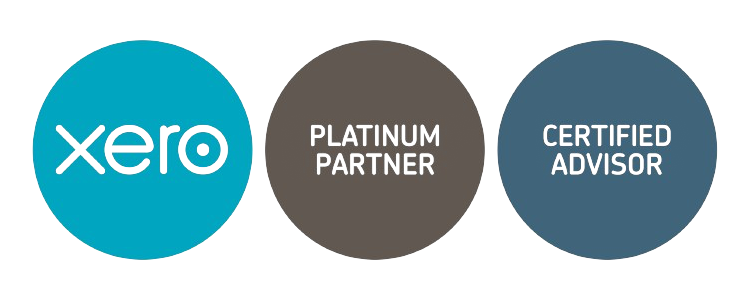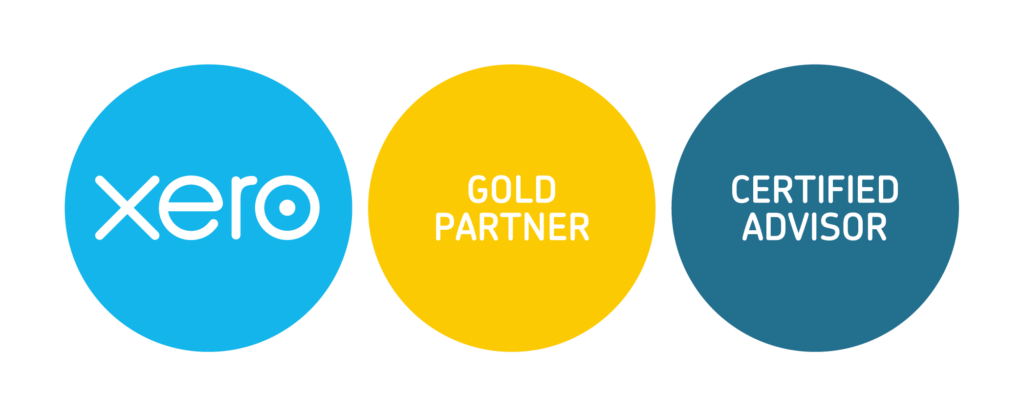CFO GROUP INTEGRATED SERVICES
Notice Of Assessment (NOA) In Singapore
CMO Media Lab Pte Ltd • May 23, 2024
Notice Of Assessment NOA In Singapore
What Is Notice Of Assessment NOA In Singapore?
The Notice of Assessment (NOA) is a document issued by the Inland Revenue Authority of Singapore (IRAS) to inform taxpayers of their tax assessment for a particular year. The NOA will list the taxpayer's income tax and the amount of tax payable.
There are four sorts of Notices of Assessment issued by the IRAS with company income tax filing:
- Type 1: The firm or a tax agent files an ECI to get a Type 1 NOA (Notice of Assessment).
- Type 2: Your company's Estimated Chargeable Income must be filed within three months of its end; you must also meet the IRAS deadline for Form C and Form C-S submissions, or you must declare a low Estimated Chargeable Income. You'll receive this NOA Type 2 if you fail to do the above. The IRAS also generates this sort of communication regarding tax assessments in advance.
- Type 3: When your firm has successfully filed its Form C and Form C-S, the IRAS creates this NOA.
- Type 4: The final IRAS tax assessment. Within two months after receiving the issued tax bill, you must file an objection to the final NOA.
Besides the tax bill, these Notices of Assessment also provide payment instructions. That means you'll also learn about the various tax payment options and the dates for settling your account.
Also, the IRAS prefers to settle tax bills by telegraphic transfer, cashier's order, check (including NETS), cash (including GIRO), internet banking, and GIRO. As stated in the NOA deadlines, this should be completed within one month. If you fail to pay your taxes on time, you might face a penalty of up to 5% of the amount owed.
What Is The Deadline To File An Objection To NOA?
The deadline to file an objection to a Notice of Assessment (NOA) is two months after the date of the NOA.
- For example, when the NOA was issued on July 1, 2024. Therefore, you have until September 1, 2024, to file a Notice of Objection to IRAS if your firm disagrees with this NOA.
Objection to the Notice of Assessment (NOA)
If an individual does not agree with the assessment raised, he/she have to lodge an objection in writing within 30 days from the date of issue of notice of assessment; otherwise, the assessment will automatically become final.
The Importance Of NOA
The income tax NOA is an invoice of sorts in Singapore. Once the IRAS analyzes your filed income particulars, it generates a corresponding tax bill that provides all the tax settlement details - such as the amount due and the deadline dates.
As it turns out, however, the amount isn't always fixed. Instead, the NOA allows you to dispute the payable amount within 30 days. You can proceed by filing a formal objection highlighting all the issues you've identified.
What Is The Statutory Time Limit For IRAS To Issue Additional Assessments?
IRAS is required by law to give further evaluations within a certain period.
IRAS has a statutory time restriction of four years to raise an assessment or an extra assessment. The statutory deadlines do not apply to situations of fraud, however.
According to the Year of Assessment 2024 (the period from January 1 to December 31), all organizations must maintain acceptable accounting records for five years until December 31, 2029.
How To Read NOA For Singapore Companies
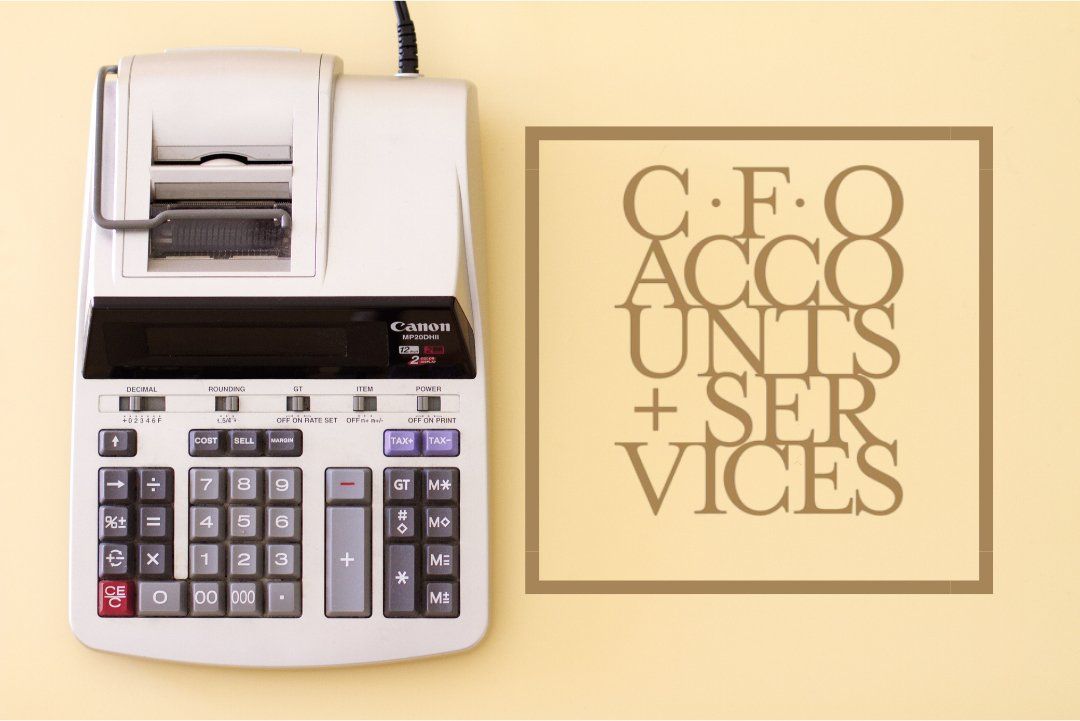
The following information may be find in your company's income tax Notice of Assessment:
Assessable Income Amount: The entire amount of income you report on your Estimated Chargeable Income form, or Form C or Form C-S, is meant by the term "assessable income". To put it another way, it's the total amount of income before corporation tax deductions.
Chargeable Income Amount: The IRAS taxes are based on the Chargeable Income Amount, which is the amount of income that is subject to taxation. To arrive at this figure, subtract the Assessable Income Amount from the total of all deductible expenses.
Tax Payable: The IRAS requires you to pay this amount in taxes. It is determined by applying the current tax rates to the amount of taxable income.
Refundable/Discharged Amount: The final tax bill shows the IRAS'es analysis and determination that the final tax due is less than the tax paid on the initial NOA, which is refundable.
How To Read NOA For Individuals
For Singaporean individual taxpayers, the Notice of Assessment includes the following information:
Assessable Income: This is the overall amount of money earned from renting out your property to others, including wages and interest.
Personal Reliefs: The personal reliefs that Singaporean taxpayers receive from the tax system are distinct from the deductibles that are available to corporations.
Chargeable Income: Your personal taxes are charged on the amount of chargeable income that you earn in the NOA for people. The amount is calculated by subtracting reliefs from your Assessable Income, the same as we've seen with businesses.
Tax Payable: The total amount of tax you owe is determined by comparing your Chargeable Income to the appropriate personal income tax rates.
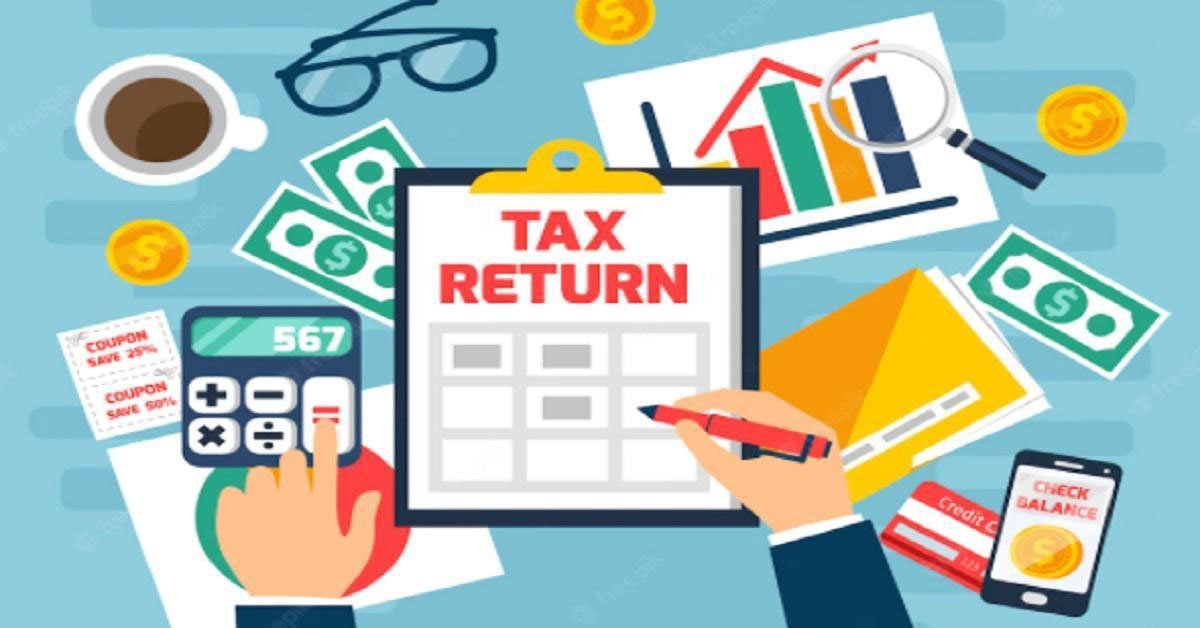
How is Income Tax Computed?
The Inland Revenue Authority of Singapore (IRAS) provides the formula in determining the taxable income of an individual. It is the following:
- Total Income Less Expense = Statutory Income
- Statutory Income Less Donations = Assessable Income
- Assessable Income Less Personal Reliefs = Taxable Income
Where Can We Obtain A Copy Of The NOA?
(i) Tax bills are in MyTax Portal
Download your tax bills for this year's and past three years' taxes from myTax Portal by logging in.
SingPass or a SingPass Foreign Account is required to log in. Then, click Notices/Letters > Corporate Tax > View Notices > pick each NOA and download a copy of the notices.
(ii) Tax bills are not in MyTax Portal
There are no tax bills in the MyTax Portal (ii).
The Taxpayer & Business Service Centre at IRAS Revenue House can provide you with a copy of a tax bill if myTax Portal doesn't have the invoice.
- Search Fees: SGD 20 per search
- Document Fees: SGD 10 per document
- Certified Copy: SGD 3 per page
- Uncertified Copy: SGD 0.30 per page
These fees apply if the tax bills are not available on myTax Portal. You can request the documents either in person or via live chat with IRAS. If collecting in person, you need to make an online appointment at least two working days in advance.
Representatives and tax advisors must bring the following documentation to the meeting:
- "You" or "your" letter of authorisation (with your complete name, NRIC number, signature, and a thorough explanation of the papers required) from the company's director
- The original NRIC must be provided. Otherwise, a digital copy of your passport must be provided.
- If you send a representative, ensure that person has their original NRIC with them at all times.
From 2020 onwards, Singapore tax returns will be filed electronically. After your tax return is filed, IRAS will send you an assessment notice by May 31 of the following year. The company will then have a month to pay.
If the taxable income reported in Form C-S/C differs significantly from the taxable income reported in ECI, IRAS may require an explanation.
Please note that delays in submission in Singapore may result in directors being fined or subpoenaed for the tax liability.
Filing Personal Income Tax Returns
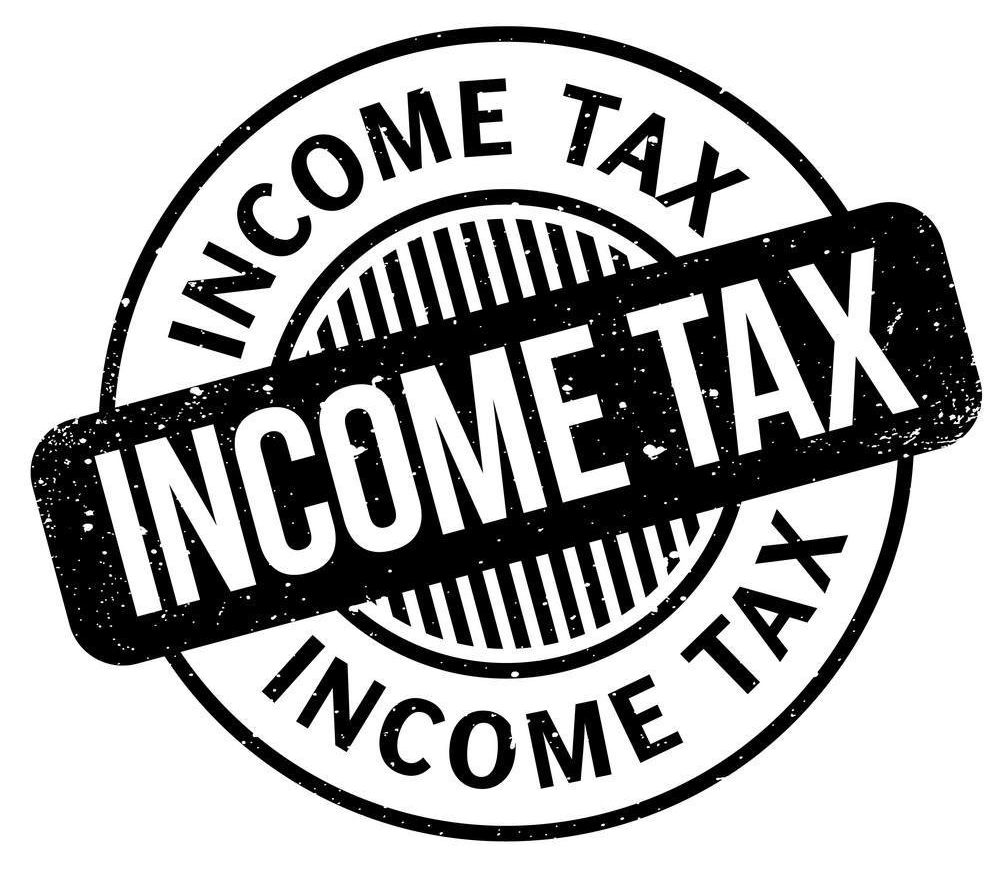
Who must file personal tax returns?
- If you are a Resident/Employment pass/PEP/Entrepass holder,
- If your annual income in Singapore is above S$22,000,
- If you have received a letter from the Inland Revenue Authority of Singapore inviting you to file personal income tax, in spite of the amount of your annual income for the previous year.
Employer Responsibility for Personal Tax
Companies must give completed Forms IR8A to employees, showing remuneration and benefits-in-kind for the previous calendar year, by 1 March.
Year of assessment (YA)
Income earned by Singapore companies in one financial year will be assessed and taxed the following year, which we commonly refer to as the Year of Assessment.
You can choose any fiscal year closing period to determine the company’s fiscal year, and most companies choose December 31 as their closing date.
The tax return website of the Inland Revenue Authority of Singapore (IRAS) will be recorded directly through the ACRA system to ensure that the IRAS is alerted to the company’s tax returns in a timely manner for the financial year in which it is located.
Note that if the company’s fiscal year close lasts longer than 12 months, it must be noted at the time of income tax filing and taxed as two years.
For example, if the company was established on August 1, 2022, with a selected fiscal year closing date of December 31, 2023
For the fiscal year from 1 August 2022 to 31 December 2023, when filing your Singapore tax return, you must declare your company’s income based on the following 2 years of taxation:
- Year of Assessment (YA) 2023: Covers the income from August 1, 2022, to December 31, 2022.
- Year of Assessment (YA) 2024: Covers the income from January 1, 2023, to December 31, 2023.



